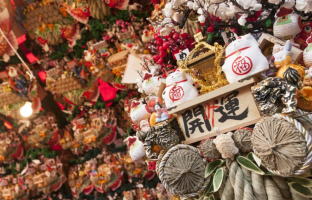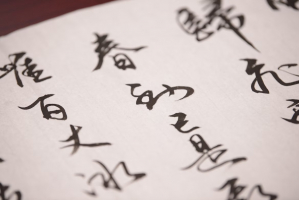Top 10 Myths About Japanese Culture
Many of us in the West are fascinated by the land of the rising sun. Even in the present era, much of the mystery surrounding the country that gave the world ... read more...samurai and sushi is pure myth. Here are some of Myths About Japanese Culture.
-
For years, the majority of Westerners have heard that Japan is pricey with regard to food, lodging, and travel. The total expense is enormous. Of course, the truth is much more nuanced than that, and it should be. To claim that traveling to Japan is expensive is like to stating that traveling to America is expensive. If you stay in posh hotels in Manhattan and eat at Michelin-starred establishments, it might be. What if you don't, though?
At least one foreign visitor who had avoided Japan because of its costs did so in 2021. She was able to travel, eat, and sleep in Japan for $95 per day based on her trips, which included stops in Kyoto, Hakone, and several other locations between Tokyo and Osaka. That travel spending cap is fairly acceptable.
In Japan, travel is frequently made more expensive than it should be. Obviously, the costs at fancier places will be greater. Tourist districts in larger cities, like Tokyo, are frequently more expensive than in smaller ones. It worsens, though. It has been discovered that websites like Booking.com charge up to 37% more for hotel rooms than Japanese booking websites do. As a result, some of the cost of living in the nation has been artificially inflated.
These expenses go beyond travel. Tokyo is more affordable to live in than many large Western cities. A two-bedroom apartment in Tokyo costs 40% less than one in San Francisco. Less than in London by 23%. Of course, everywhere may be pricey, even Japan. The widespread misconception that Japan is usually more expensive doesn't make sense.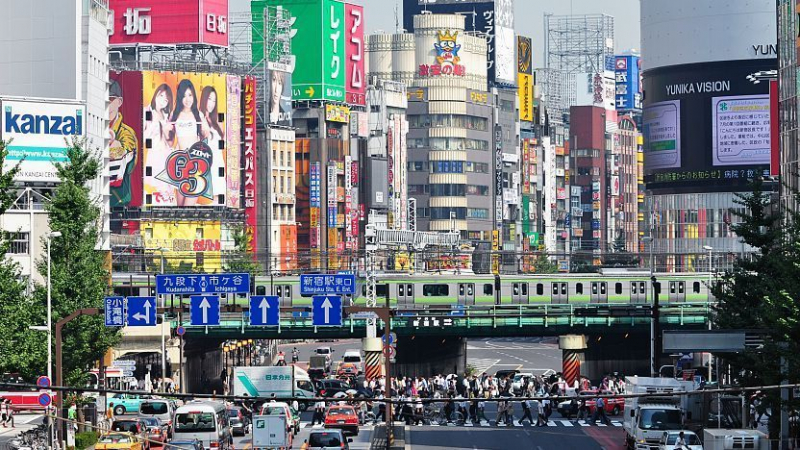
https://www.google.com 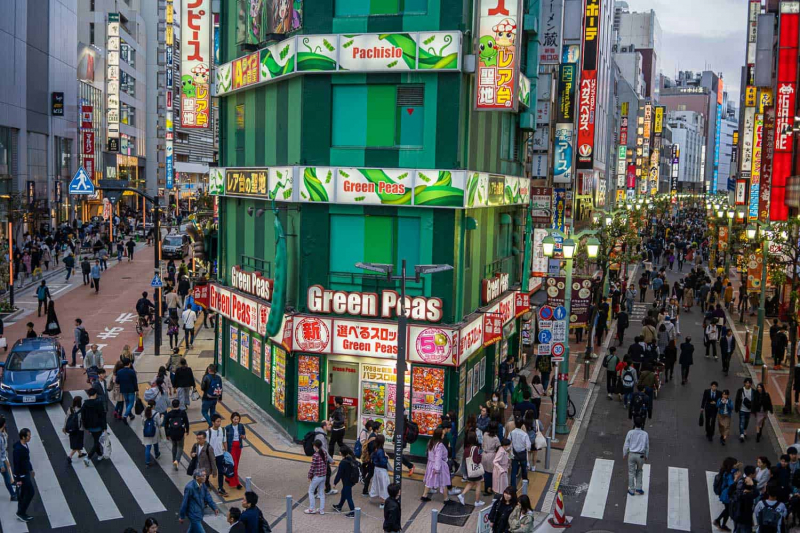
https://www.google.com -
For a very long time, Japanese companies have led the way in numerous technological advancements. Japan has long been at the forefront of technological advancements, as seen by the presence of companies like Sony, Toyota, Fuji, and countless more. So it comes as a bit of a surprise to learn just how technologically illiterate the populace actually is.
While North Americans are busy watching new episodes on Netflix, HBOMax, Amazon Prime, and Disney+, streaming is still a relatively new source of entertainment for the people of Japan. Stores that rent movies are still very popular. There are still astonishingly high levels of DVD rentals and purchases, as well as CD sales. The music industry is quite lucrative. They were responsible for roughly $2.5 billion in physical music sales in 2016. In terms of overall sales in 2018, streaming services have just about caught up to hard media.
Japan is a sluggish adopter of technology, even when it comes to how goods are paid for. With electronic payments like debit and credit lagging behind many other countries, cash is still king. Japan is not nearly as advanced in e-commerce as other countries are. It's astonishingly far away from the US and China given the size of the nation and its economy.
Despite all the innovation in business, tradition seems to be significant in Japan, and despite this, people tend to remain with what they are familiar with in social situations. In truth, many people in Japan still ink official documents, such as legal documents, timesheets for the workplace, and financial documents, with wooden stamps.
https://www.google.com 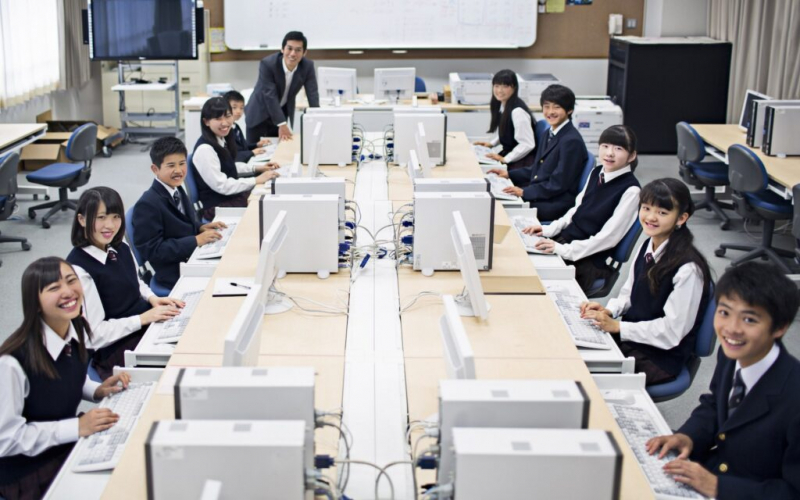
https://www.google.com -
It's a widely held misconception in the West that Japanese pupils are treated inhumanely. Although school is a slog, it produces a lot of really intelligent and well-educated individuals who are prepared to take on the world. It's also true that kids in Japan have pretty demanding school schedules. They are held to a high standard, and the road to college is not for the timid. But there is a very obvious change once you enter college.
In Japan, college is viewed somewhat humorously by everyone, not just students. It is acknowledged that there is not much to do after graduating from college. The idea that you would procrastinate and barely study is ubiquitous, even in four-year colleges. The goal was college; once you get there, nothing needs to be done. In fact, once you've been accepted, it seems very tough to truly screw up and fail in college. In many regions, the experience is referred to as a vacation.
Employers in Japan frequently solely consider a student's school, not their academic performance. How you did doesn't really matter to them. Additionally, you won't have to write many papers or take many examinations in most universities, so often the hardest part of a course is simply turning up.
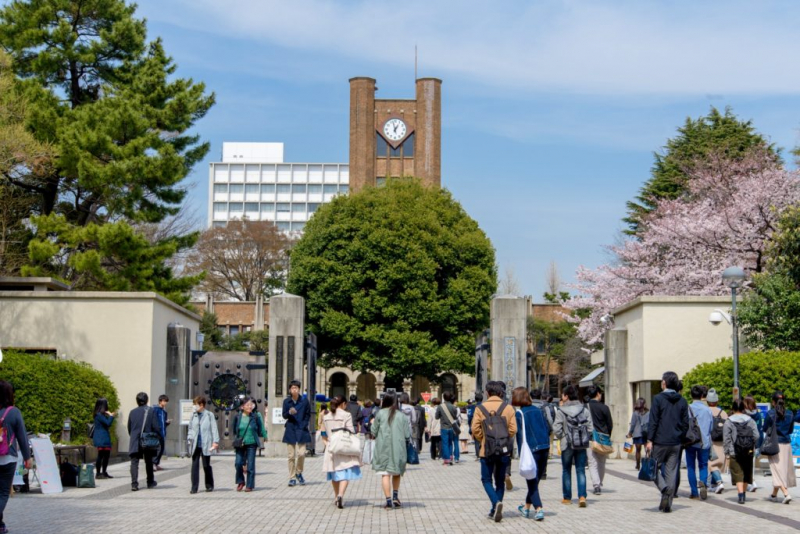
https://www.google.com 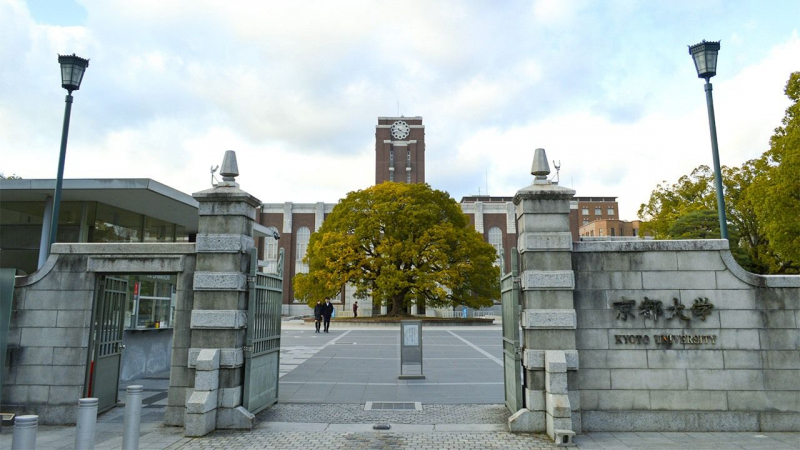
https://www.google.com -
The first thing you undoubtedly saw if you watched any video of the commotion in downtown Tokyo was the overwhelming volume of people. There are over 14 million people living there, thus the city is quite crowded. That leads to a point that you might not have considered. Tokyo is remarkably clean for a city with that many inhabitants.
Unexpectedly, this dates back to the 1995 sarin gas attacks. For fear that they would contain the lethal gas in subsequent attacks, they removed trash cans. As a result, people began to carry their trash with them and dispose of it at work or home. The end result is a spotless metropolis without any trash cans. As a result, it appears that Japan does not squander much. But it is clearly a fantasy. Japan wastes a lot, especially when it comes to food. Due in part to strange notions about food safety and sanitation, the nation discards 620,000 tons of food each year.
There was a glaring lack of food control and sanitation in post-war Japan, which contributed to illness. Although strict criteria were put in place, they were never loosened even after the nation was rebuilt. As a result, there was a very rigid and ordered attitude toward how food should be prepared and eaten. After only one day of being on display, some food will be discarded. In America, packaged foods can last a year on the shelf; in Japan, they are gone in six months.
Regulations are also put in place to stop short orders. Accordingly, if a store requests 100 apples but can only ship 80 of them, the shipper owes the store the money they would have gained from selling the other 20 apples. Producers will grow more than they need to ensure that no order is short in order to make up for this. As a result, there is excess that is thrown away. It's a systematic issue that people are working to fix, but progress is being made slowly.
https://www.google.com 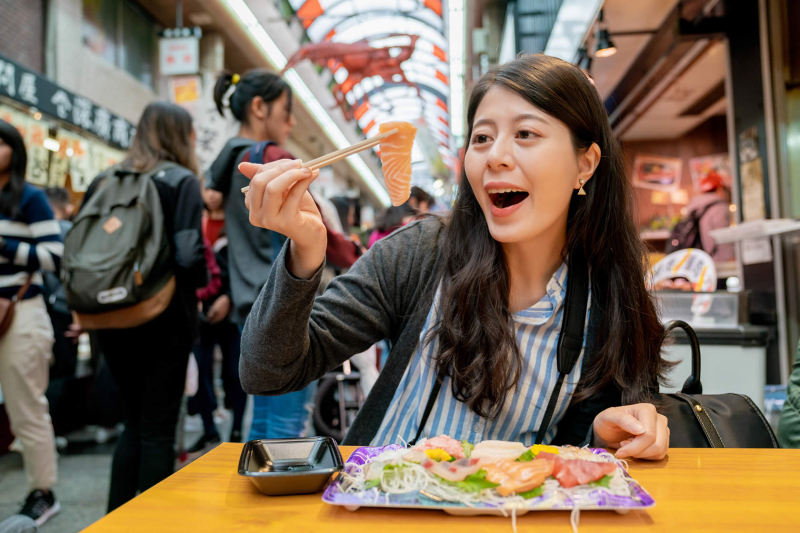
https://www.google.com -
Yes, this is a disturbing subject, but it has been associated with Japan for years—at least online. Since images of the vending machines first starting appearing online, one of those crude jokes has been the notion that you can travel to Japan and find a vending machine that sells underwear.
Like any civilization, Japanese culture has many peculiarities. Japan also creates hentai, which is anime for adults, in addition to the popular anime and manga. In other words, it is pornographic. The used pant vending machine appears to have evolved from this hentai, which frequently includes frightening tentacles and feminine figures dressed in those schoolgirl sailor outfits. It was exactly what it said it was—a machine that sold secondhand underwear.
Many adult-oriented things are sold in red light districts in Japan, therefore people have traveled there in search of these devices. There are several in shops with an adult theme, but the wording on them is difficult for people who don't know Japanese as their first language. Although it is not worn, these machines will sell underwear. They are merely intended to appear as though they are in order to prey on the types of consumers who would normally purchase such items.
According to rumors, these items were for sale a few years ago, but the government has significantly tightened its control over them. Therefore, did Tokyo once have one or two machines? Probably. However, don't look for them nowadays.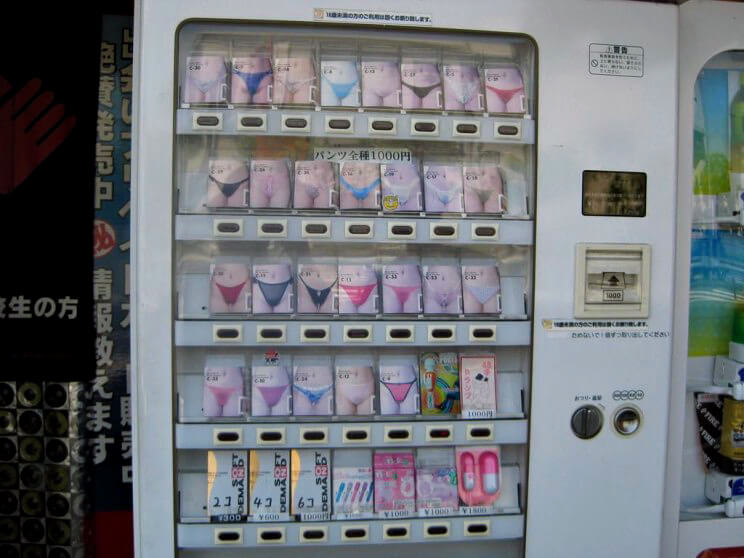
https://www.google.com 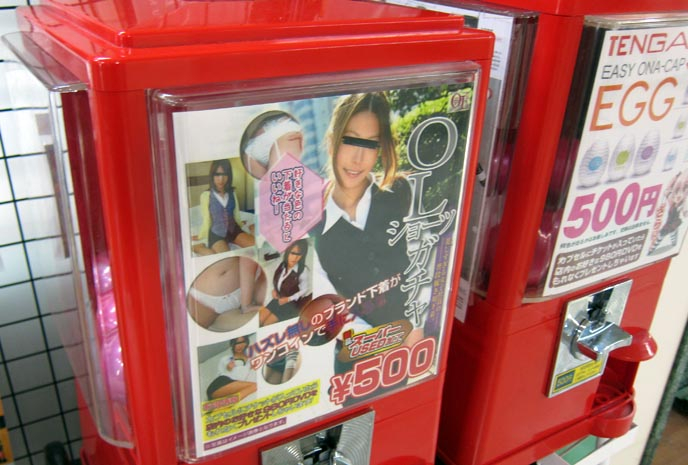
https://www.google.com -
Shibuya Crossing is undoubtedly what comes to mind when you think about Tokyo. It is that one site, similar to Times Square in New York, that appears in each major motion picture shot in the city. It's quite a spectacle, with large neon billboards and signs as well as a network of streets where literally hundreds of people will cross into oncoming traffic. It strongly reminds us of the type of technical hub that comes to mind when we think about Tokyo.
It's surprising to realize that the city is not as open technologically as you might imagine given that places like that are its defining characteristics. You might spend some time looking if you're seeking for a place to connect to some free WiFi. Japan is not a hotspot for hotspots, unlike the US, where the majority of hotels, cafes, and even restaurants offer free WiFi to patrons. Some hotels only offer free WiFi in the lobby, if at all.
The fact that practically every cell phone plan in Japan includes data is a major factor in the lack of WiFi. They don't need to build up WiFi hot spots if everyone already has access to the internet. Even individuals who use laptops for work carry cards to access their personal networks on their mobile devices. Technically speaking, Japan is quite well connected to the internet; you only need to travel there and don't expect access to be provided.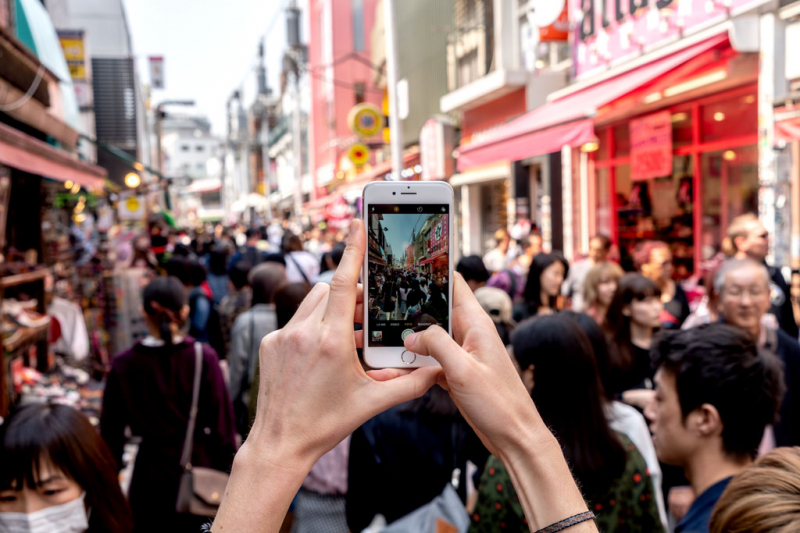
https://www.google.com 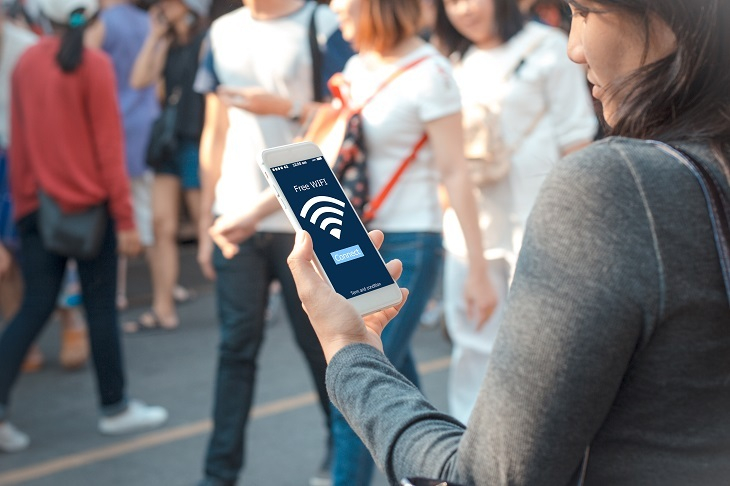
https://www.google.com -
Is there a dish that is more associated with Japan than sushi? It's the one food that everyone knows is eaten in Japan, and it's incredibly popular in the West. In the US alone, sushi is valued about $22 billion. That much rice is a lot. So Japan must have an even larger industry, right?
Although it is popular in Japan, sushi is not as common as it is in North America. Sushi has traditionally been considered a special occasion food in Japan. It's not lunch on a Tuesday; rather, it's something for a birthday or dinner party with friends.
We are familiar with sushi in the West because it gained popularity here, much like ramen did. But to boil down Japanese food to sushi is like to boiling down American food. But to boil down Japanese food to sushi is akin to boiling down American food to hot dogs. Even while it may be symbolic in the eyes of the world, people do not often eat this every day or even every week. The variety of Japanese cuisine is astounding. According to a survey of Japanese citizens done in Japan, the majority eat sushi once every three months or so. Only 25% of those polled reported eating sushi more than once a month.
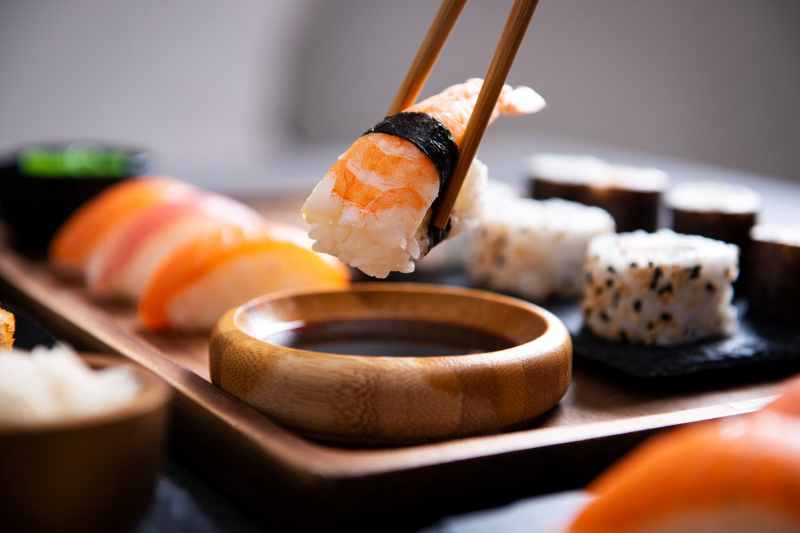
https://www.google.com 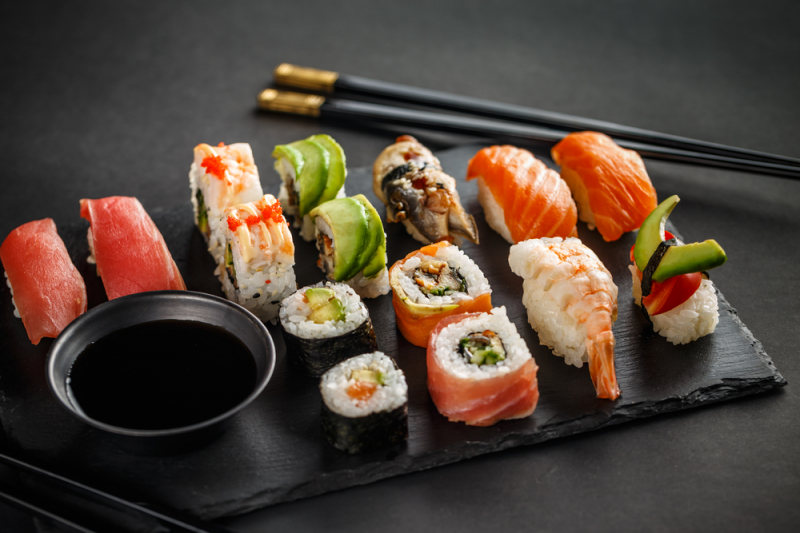
https://www.google.com -
Most people in North America find it offensive to think that someone would hunt whales. That was the inspiration behind the entire Save the Whales movement in the 1970s. Traditional whale hunting was place in nations including Russia, Norway, and Japan, and efforts were made to put an end to the practice and stop any further whale fatalities.
Whaling is still being done in Japan today despite the protests of the population. Ironically, part of the blame for commercial whale hunting lies with the US. As Japan rebuilt after World War II, American officials urged the nation to kill whales, which made up half of all the protein consumed there. That was, however, in the 1940s and 1950s.
The typical Japanese person today consumes 40 grams of whale meat annually. That's a little less beef than there is in a Big Mac. Although the whaling industry does exist, it does not fulfill the public's needs in terms of food. In actuality, it appears to exist primarily out of spite. Japanese people continue to hunt whales because the practice has historically been associated with their culture and because they dislike attempts by outside forces to impose restrictions on it.
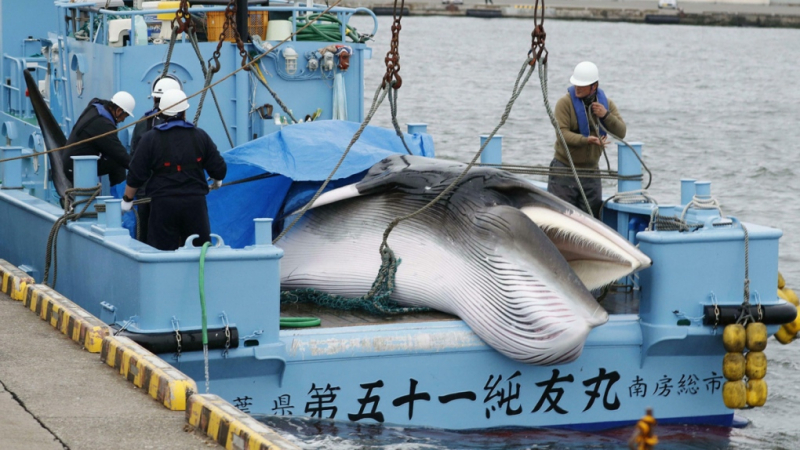
https://www.google.com 
https://www.google.com -
How safe Japan is is one of the main things you'll hear about it a lot. Japanese crime rates are incredibly low. In Japan, crime actually decreased for the 17th year in a row in 2020, which is incredible. However, there are certain regrettable truths that are frequently ignored when trying to comprehend crime in Japan.
Murder and other violent crimes are absolutely rare in Japan. However, some statistics are concerning. The statistics on sexual assault stand out in particular. It's expected that women will be touched inappropriately by strangers on the metro. According to estimates from the government, less than 95% of sexual assault events are reported to the police. That figure is startlingly high and strikes at the core of a significant and persistent cultural issue.
In Japan, discussions about sexual assault, and rape in particular, are taboo. Even worse, authorities give victims the impression that they are at fault. In certain instances, they make crime victims who come forward perform the crimes in front of the investigators using life-size dummies.
In Japan, there have been issues with even the definition of rape. Up until 2017, only a guy invading a woman's vagina qualified as rape under Japanese law. The definition didn't apply to anything else. Even when the term was altered, it still required the use of force or intimidation. So anyone who was under the influence of drugs or didn't resist was not legally raped either. Because of this, it is not always easy to interpret crime figures in Japan.
Additionally, confession plays a significant role in Japanese justice. Suspects can be kept in custody for almost a month, and questioning amounts to torture. Real figures are difficult to ascertain, and false confessions are commonplace.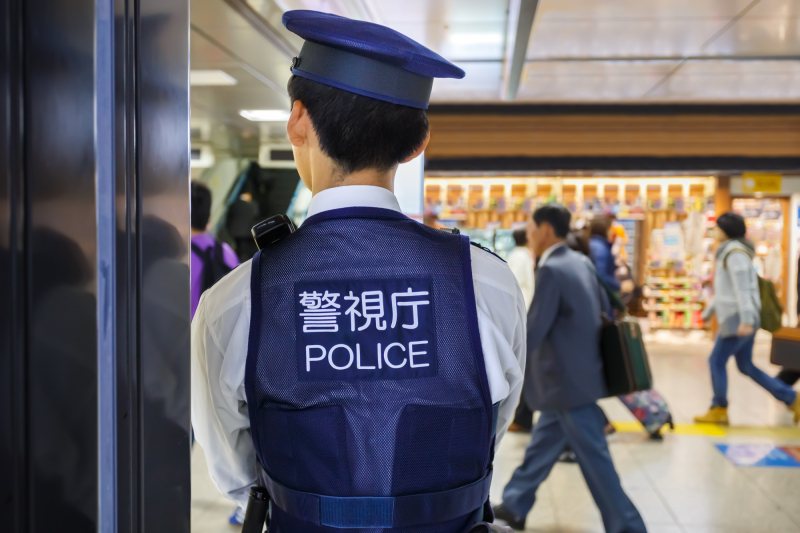
https://www.google.com 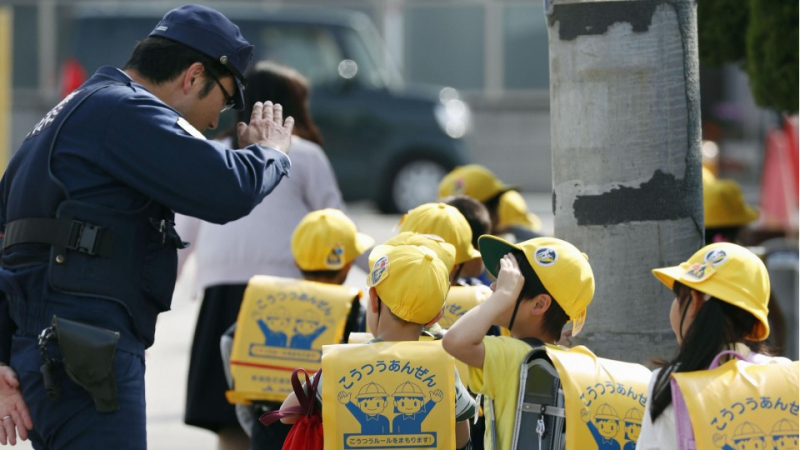
https://www.google.com -
There is no doubting the appeal of anime, which is a $20 billion business. Only recently has the West begun to embrace anime culture, and fans of the genre are now at ease discussing their passion for it. It shared the same destiny as sci-fi or comic novels for a long time, being stigmatized as the domain of nerds and outcasts.
The notion that anime must be just as popular, if not more popular, in Japan seems to make sense as Western viewers become more accepting of it. If anime is from Japan, then it must be well-liked there. That's not fully accurate though.
Manga is more well-liked in Japan than anime, which is true. Manga is more well-liked in Japan than anime, which is true. Manga, the novels on which most anime is based, is typically seen as the more mature or refined version.
Adult anime fans in Japan are frequently referred to as otakus. The term has gained popularity in the West, and many anime fans openly identify as otakus, yet it is used in the same manner that a nerd would. The word was initially used as an insult, and for many people it still is.
The term "otaku," which translates to "your abode," indicates that you are a recluse. It's the same as when someone claimed on social media that someone was residing in their mother's basement. Consequently, open fandom is frowned upon, at least in some circles, despite the fact that the anime industry is a lucrative one.
https://www.google.com 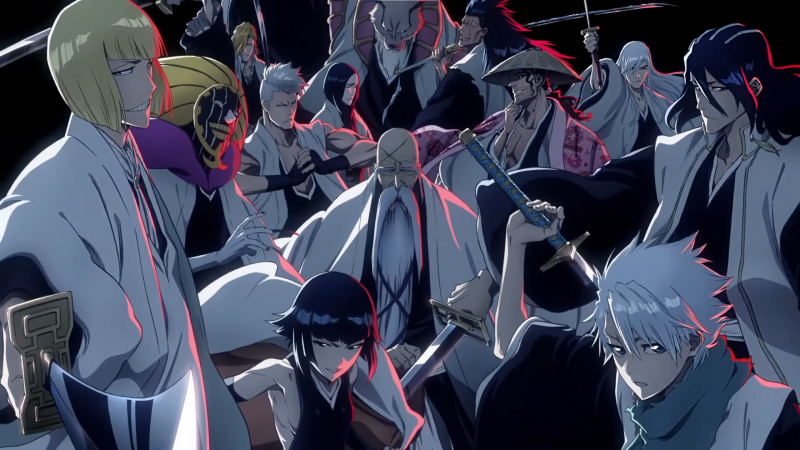
https://www.google.com



















